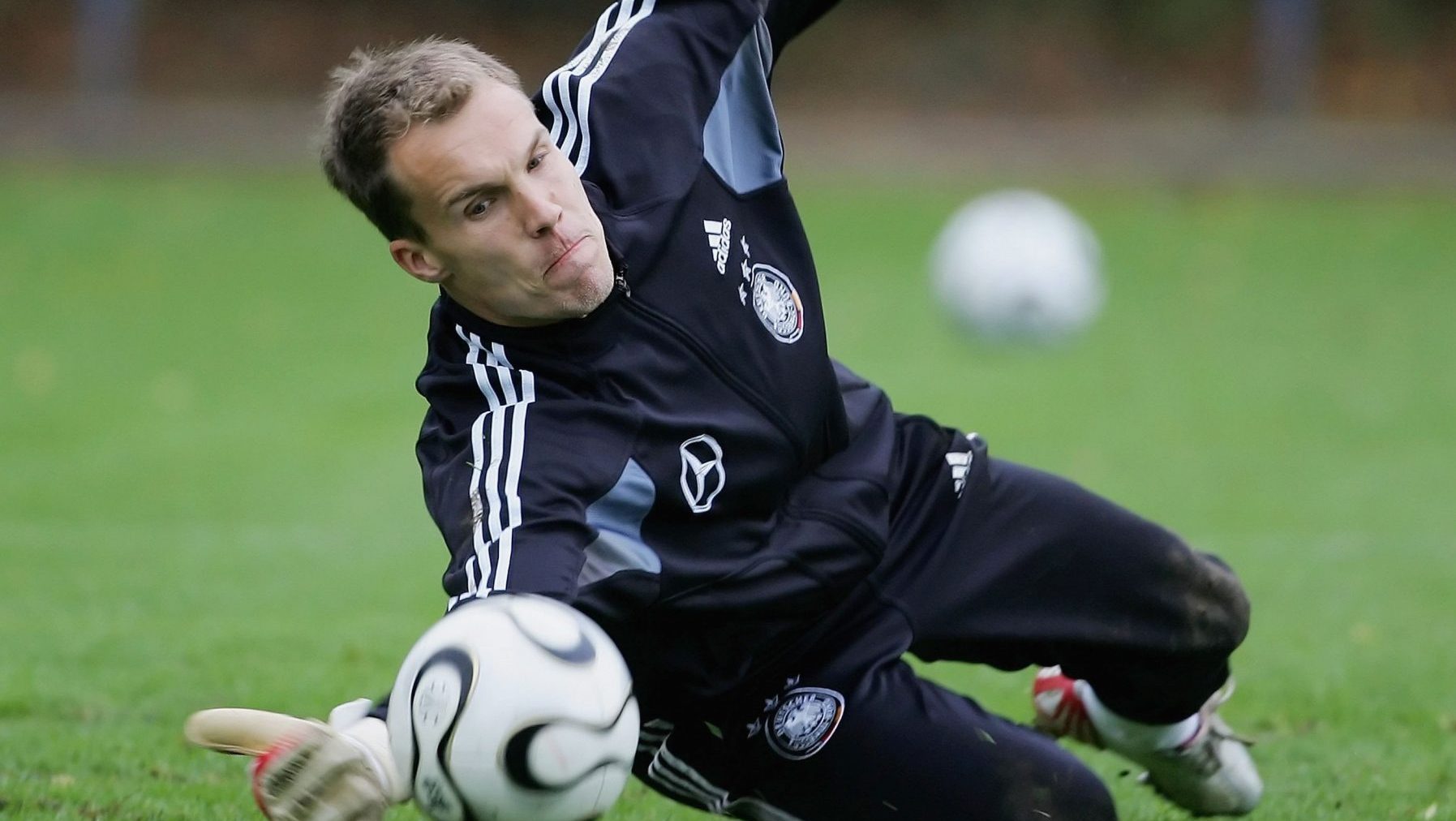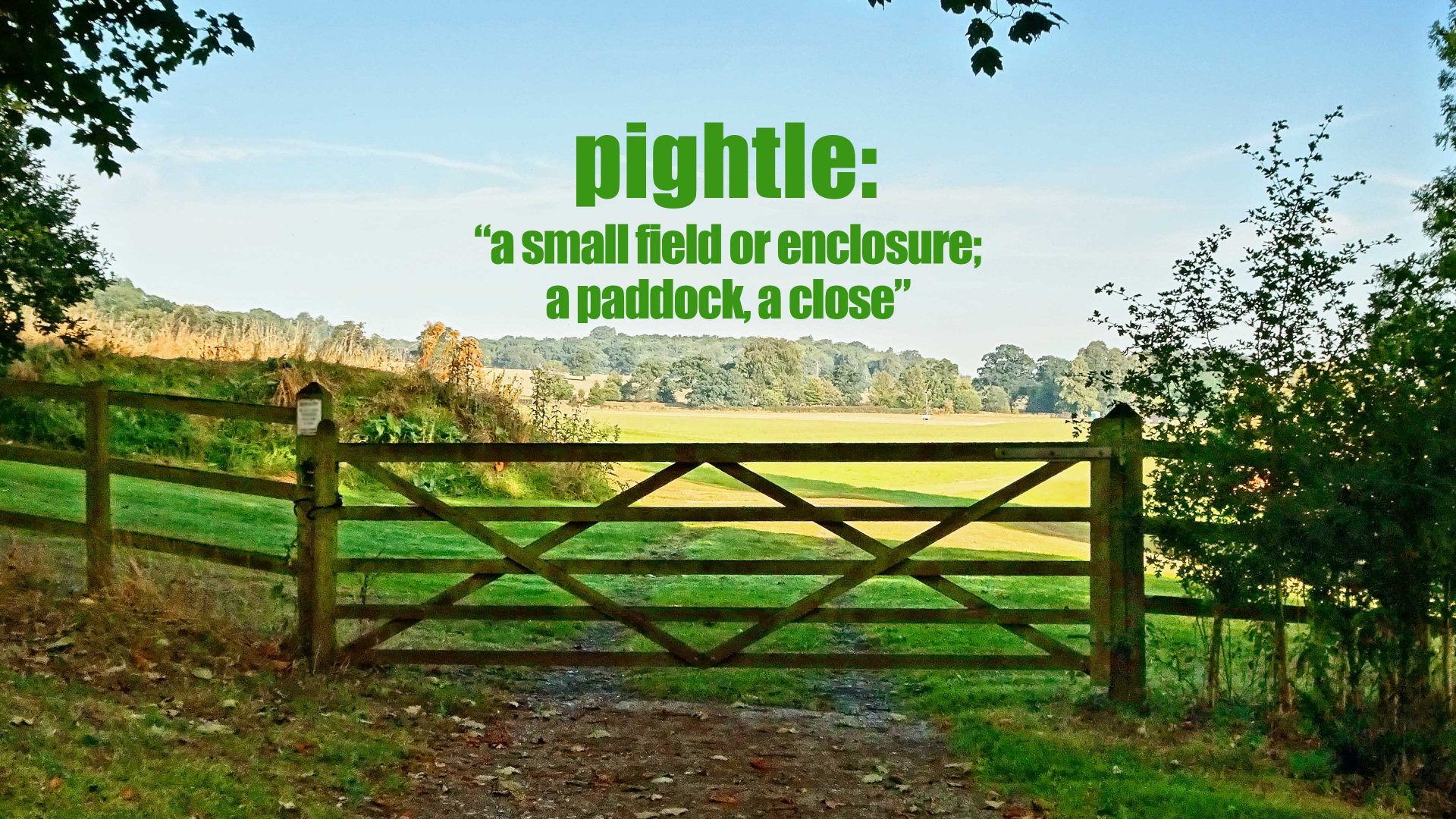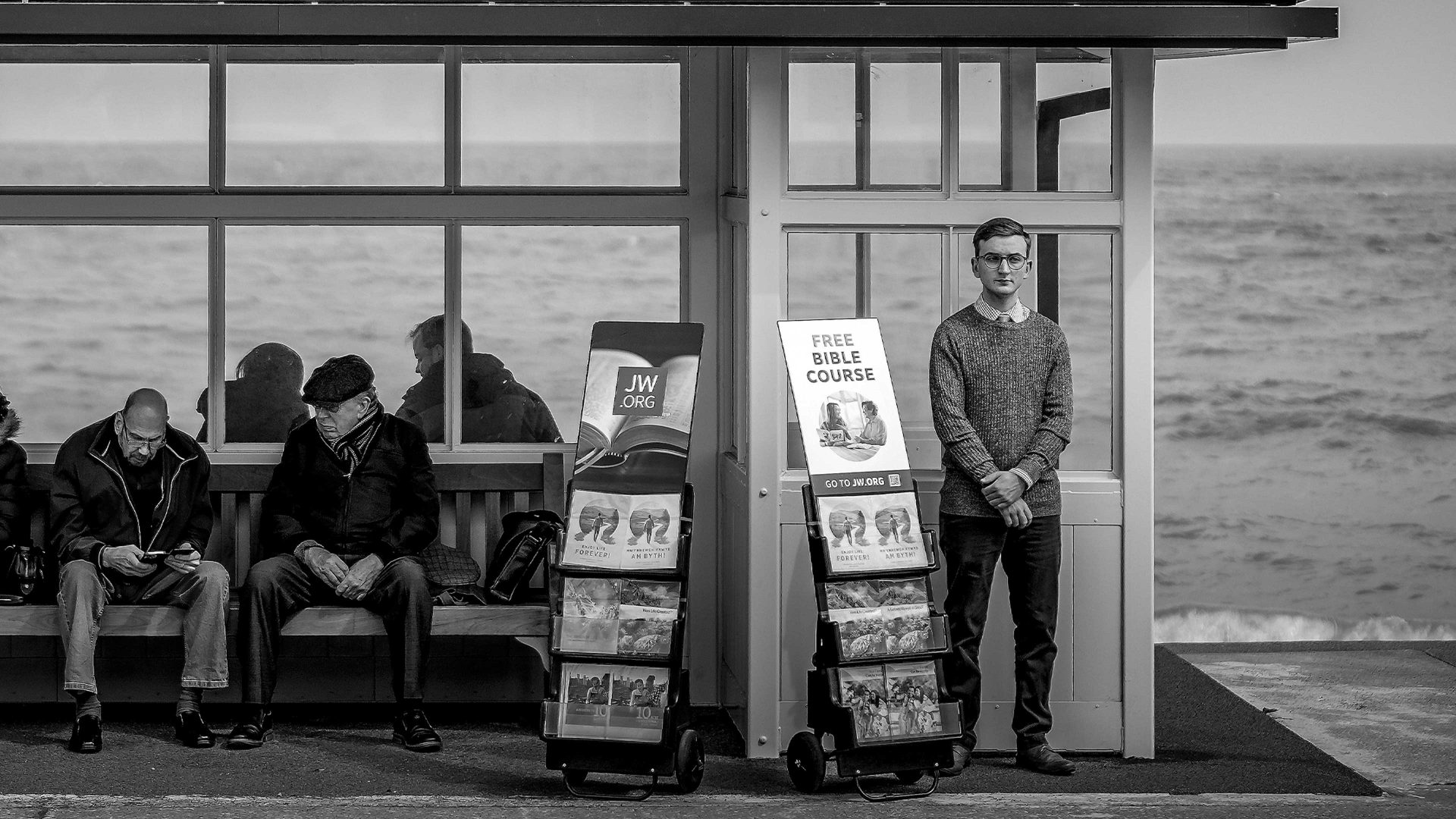In early September 2009, at Germany’s national team training in Cologne ahead of a World Cup qualifier against Azerbaijan, Robert Enke caught sight of Sven Ulreich, the goalkeeper from the under-21s, making his way to the dressing room.
One Saturday night 18 months earlier, Enke had been watching the televised Bundesliga highlights when he heard VfB Stuttgart coach Armin Veh place the blame for his side’s defeat squarely on the shoulders of teenage goalkeeper Ulreich. An appalled Enke leapt to his feet, determined to call the 19-year-old and reassure him the defeat was not his fault.
It took several hours to source a telephone number but Enke persisted, talking to the youngster for more than half an hour, praising him, telling him he was absolutely not to blame.
“When he hung up, I had goosebumps,” Ulreich recalled of the day the German national team’s goalkeeper had called to cheer him up.
Enke was delighted to see Ulreich that day in Cologne. They chatted briefly and when they parted Ulreich said: “Robbi, if I don’t see you before – good luck at the World Cup!”
Enke was favourite to be Germany’s first choice at the finals in South Africa the following summer and Ulreich was delighted for him. Yet, instead of a smile and a warm gesture of thanks, Enke became suddenly distant.
“Yes,” he said to himself as much as to the young goalkeeper, “let’s see if we see each other again”.
Nine weeks later the 32-year-old spent a day driving alone around his home town, parked his car near a railway crossing, listened for the distant sound of an approaching early evening express, dropped his wallet on to the passenger seat and walked out on to the tracks.
No sporting figure inspires more psychological pontification than the goalkeeper. The lonely sentinel between the posts, the custodian, the last line of defence, a singular figure either silent and imposing or, you know, a little bit crazy. Albert Camus’s name is duly trotted out, a noted goalkeeper who credited “what I know most surely about morality and the duty of man” to his time between the posts.
First to be criticised, last to be celebrated, goalkeepers’ moments of glory are fleeting: a full-length dive to deflect the ball over the crossbar with the faintest brush of a fingertip, a penalty kick pushed around the post, even these triumphs rarely prompt the kind of wild scenes that greet a goal.
Yet goalkeeping errors are more visible than those of any other position and more likely to have immediate negative consequences. Goalkeepers have more time to brood on misfortune, more opportunity than most to be alone with their thoughts.
For all this cod philosophy attached to the art, being a goalkeeper did not cause Robert Enke to end his life. Triggers on and off the field exacerbated his symptoms, certainly, but it was purely the taunting, merciless cruelty of clinical depression that had its hand in the small of his back, propelling him on to the railway line that night.
Enke’s determination to reassure Ulreich after seeing him vilified on national television grew from stirred memories of his own career rock bottom that brought on his first serious depressive episode. He could not bear the possibility of another goalkeeper enduring anything similar.
In the summer of 2002, Enke signed for Barcelona after three years in Portugal at Benfica; not a good move in hindsight. The club was in a period of transition but more specifically it liked its goalkeepers to play high up the field, almost as a sweeper, when Enke was a traditional shot stopper most comfortable between the posts.
He was also third in line for a first-team place behind two other goalkeepers, making it unlikely he would ever claim a place in the side, until, on September 11 2002, coach Louis van Gaal gave Enke his chance in a cup tie away to Novelda, a team sitting winless at the bottom of the Spanish third division.
A small, intimidating ground with a bumpy pitch under dingy floodlights: it’s hard to imagine more difficult circumstances in which to play your first game for one of the biggest clubs in the world. Predictably, the game was a disaster, a huge upset as Barça lost 3-2 after conceding three goals in 20 sensational second-half minutes.
Enke bore no more responsibility for the goals than anyone else but Barça’s fiery captain, Dutch international Frank de Boer, berated him on the pitch and then singled him out by name in post-match interviews. His fellow keeper Victor Valdes would later reflect that Enke had been “thrown to the wolves”.
The goalkeeper’s first serious bout of depression followed. He played only twice more for Barça, two meaningless Champions League games, before being loaned out to Fenerbahçe. The frenzied hothouse of Turkish football was the last thing Enke needed and he played only once, a 0-3 reverse to city rivals İstanbulspor that saw his own club’s fans pelting him with bottles and cigarette lighters. He returned traumatised to Barcelona.
Enke was diagnosed and began therapy soon afterwards but felt compelled to keep his condition a secret from anyone beyond his wife Teresa and his agent. From dressing room to terraces, the macho nature of football could be cruel to any perceived vulnerability and he was already suffering enough.
In 2004 he dropped down to the Spanish second tier with Tenerife and when his daughter Lara was born the same year he seemed happy in less-pressurised surroundings, keeping his illness at bay.
Two years later he joined Hannover 96, partly because Lara had a serious heart condition that could be treated better in Germany, but Lara died in 2006. Within a fortnight Enke was back in goal for Hannover. He started playing some of the best football of his life. He was made club captain. He knew the darkness could return at any time.
Enke’s depression surged back with a vengeance early in the 2009-10 season and kept him from the Hannover goal for two months. A stomach infection was the official reason; still only Enke, Teresa and his agent knew the truth.
On November 8 2009, Enke returned to the side to make his 186th appearance for Hannover in a 2-2 draw with Hamburg. He played well. Two days later he was dead.
“Robert had this way of thinking that if I’m not the best I must be the worst,” Enke’s father Dirk told biographer Ronald Reng. “That’s the thought of someone who’s learned I’m only loved for my achievements, not because I simply exist.
“I thought, Robert, you surely must have noticed that we loved you because you existed. Not because you were a good goalkeeper.”




